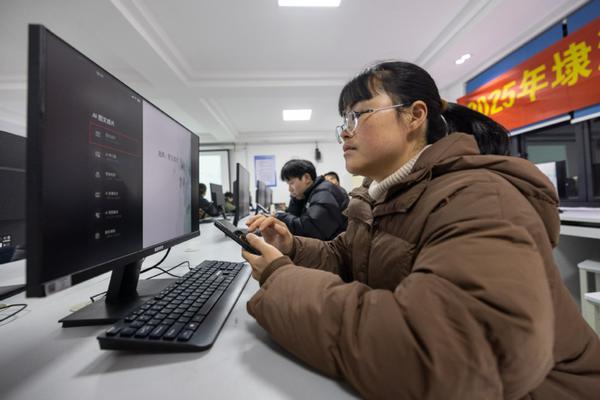
Students learn about AI applications at a free course provided by the government in Huzhou, Zhejiang province, last month. (YI FAN/FOR CHINA DAILY)
Regulation needed
In response to the increasingly challenging landscape of copyright protection, Wu, who is also deputy head of the China Writers Association, emphasized the necessity of building a forward-looking intellectual property legal framework.
It is urgent to accelerate the research and refinement of copyright protection standards in the field of AI and formulate regulatory legal documents, Wu said.
Zhong, from Midea, called for further improvements to laws and regulations to fundamentally curb fake content generated by AI, saying that current laws and rules regarding AI-generated videos are inadequate, especially in terms of copyright ownership and privacy protection, Guangzhou Daily reported.
To address the issue, she suggested the country amend laws such as the Copyright Law to clarify the liabilities for infringement of AI-generated content, the report added.
Considering the long-term coexistence of humans and AI, Zhang, the lawyer, said that it is a must to seek a balance between the regulation and development of the technology, promoting technological and industrial development in a healthy manner with legislation.
He called for adopting a flexible and prudent legislative strategy in the process of achieving this balance. "For example, it will be suitable to interpret some current laws, or ask regulatory authorities to issue guidance to address some prominent or urgent problems caused by AI," he said.
"When it comes to specific scenarios, pilot programs and regulatory sandboxes can be used to explore solutions. Alternatively, local legislation or departmental rules can also be introduced."
While providing legal support for AI innovators, he noted that corresponding obligations should be imposed on the technological service and product providers through legislation.
AI risk prevention and accountability need to be clarified in legislation, he said, suggesting AI applications be classified based on their risk levels and then subject to categorized regulation.
Zhang emphasized that AI-related legislation should be forward-looking and have an international perspective, as AI is a dynamically evolving technology that has become a key area of international competition.
"Legislative work needs to counter foreign containment, and also establish China's own principles, so as to facilitate the international development of China's AI industry and its participation in the formulation of international rules for AI governance in the future," he added.
Lou, the spokesman for the third session of the 14th NPC, said that the Chinese government has attached great importance to the development of AI and its risk prevention, saying that China has proposed the Global AI Governance Initiative to help bridge the technological divide and prevent sci-tech innovation from becoming only for rich countries and the wealthy.
"China stands ready to work with all countries to promote the healthy development of AI, boost world economic growth and increase the well-being of people all over the world," Lou said.








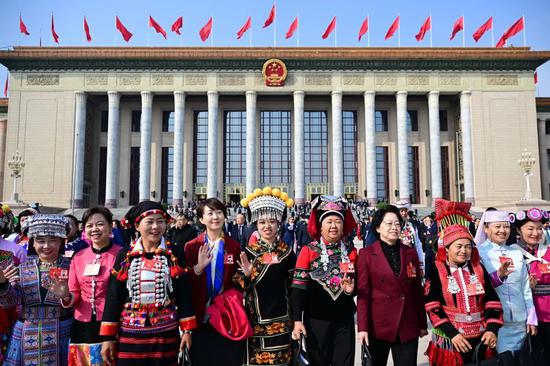


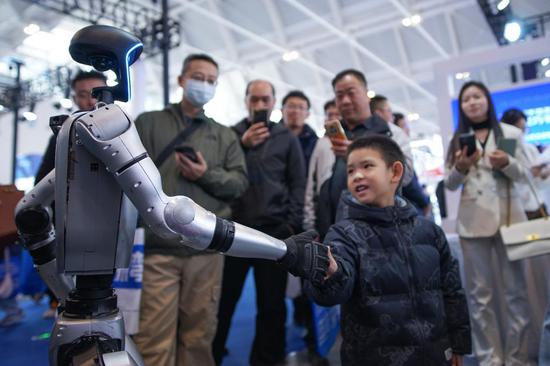


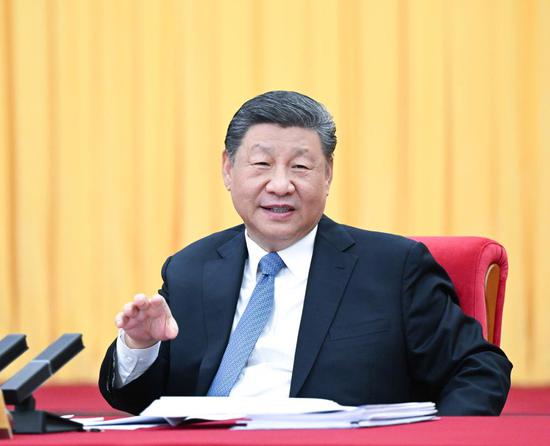


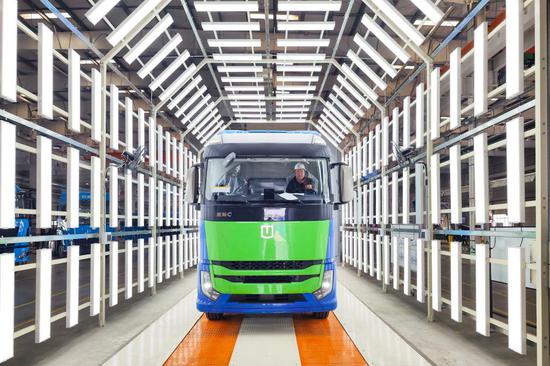

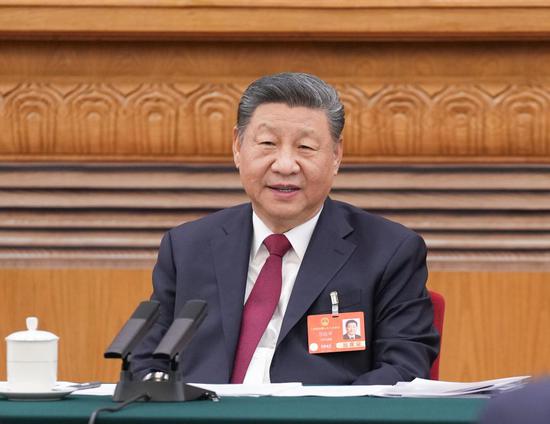

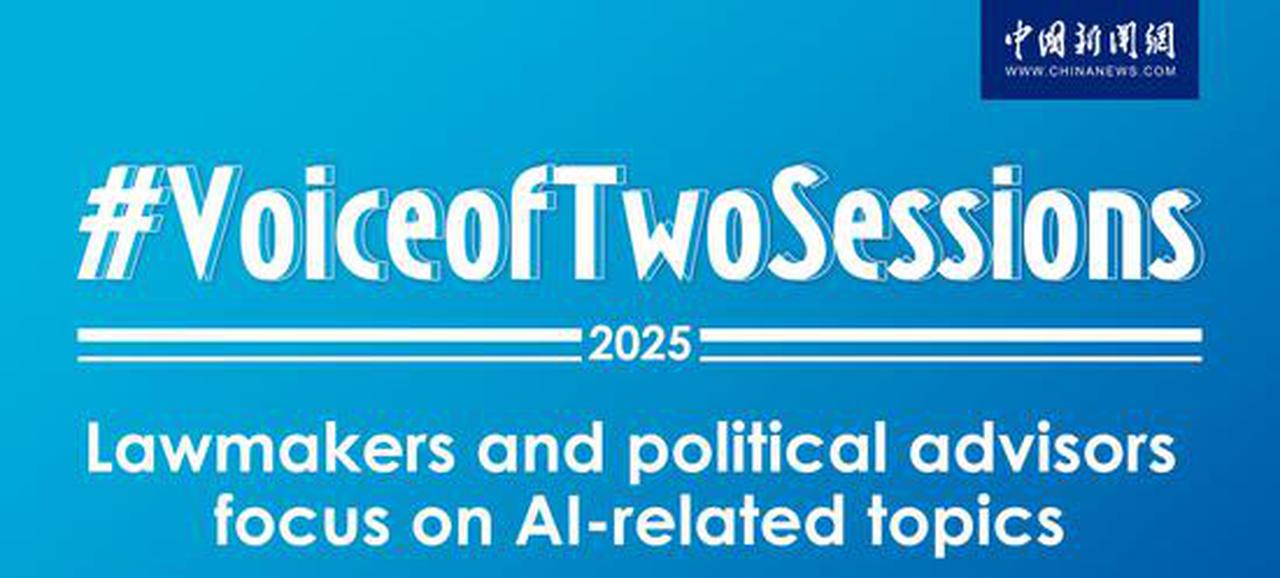







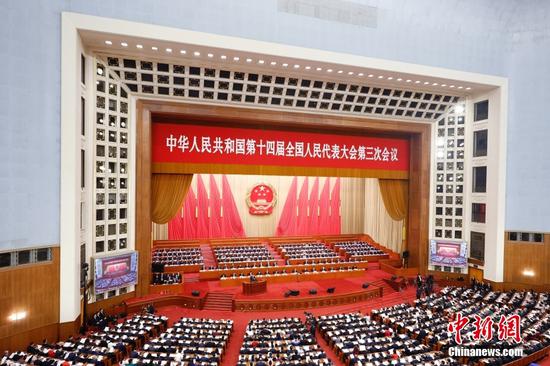
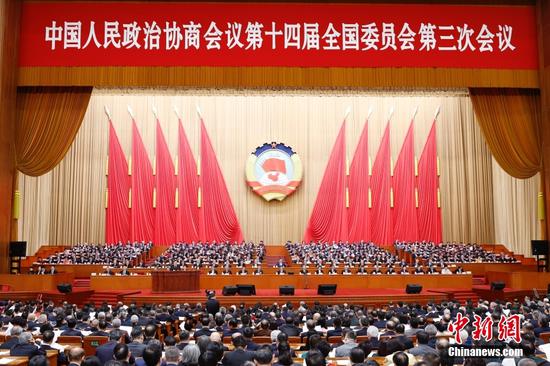

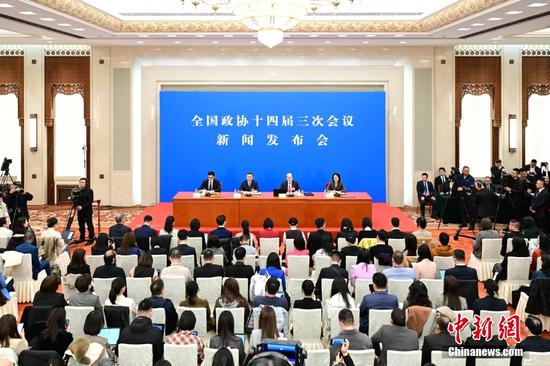






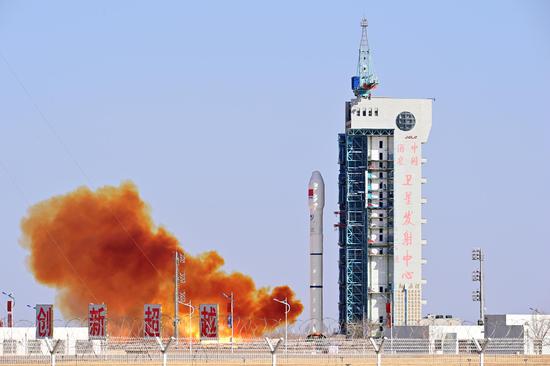


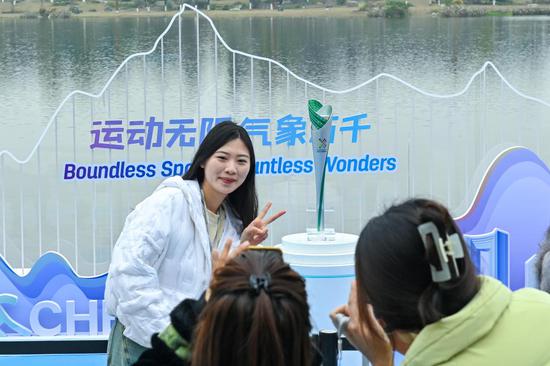
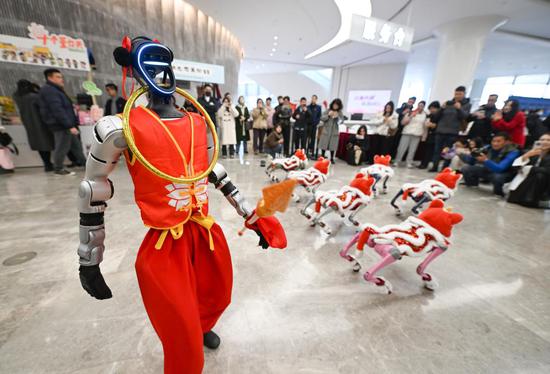


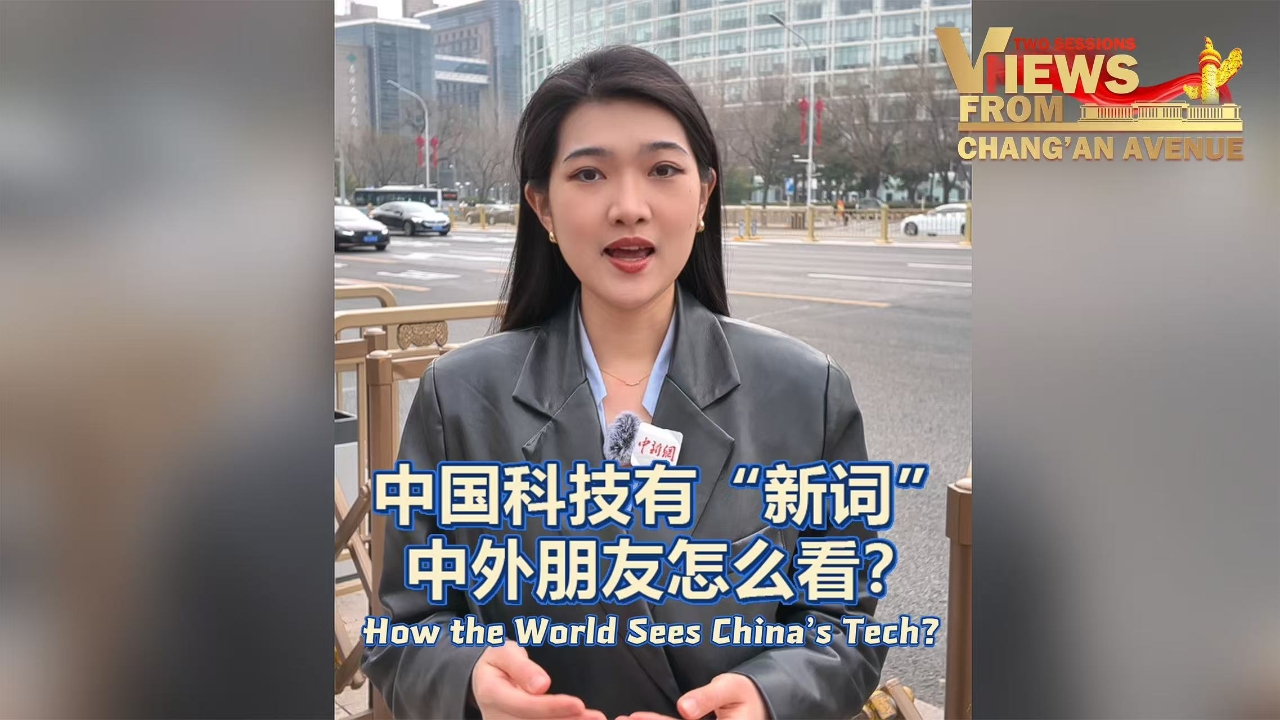

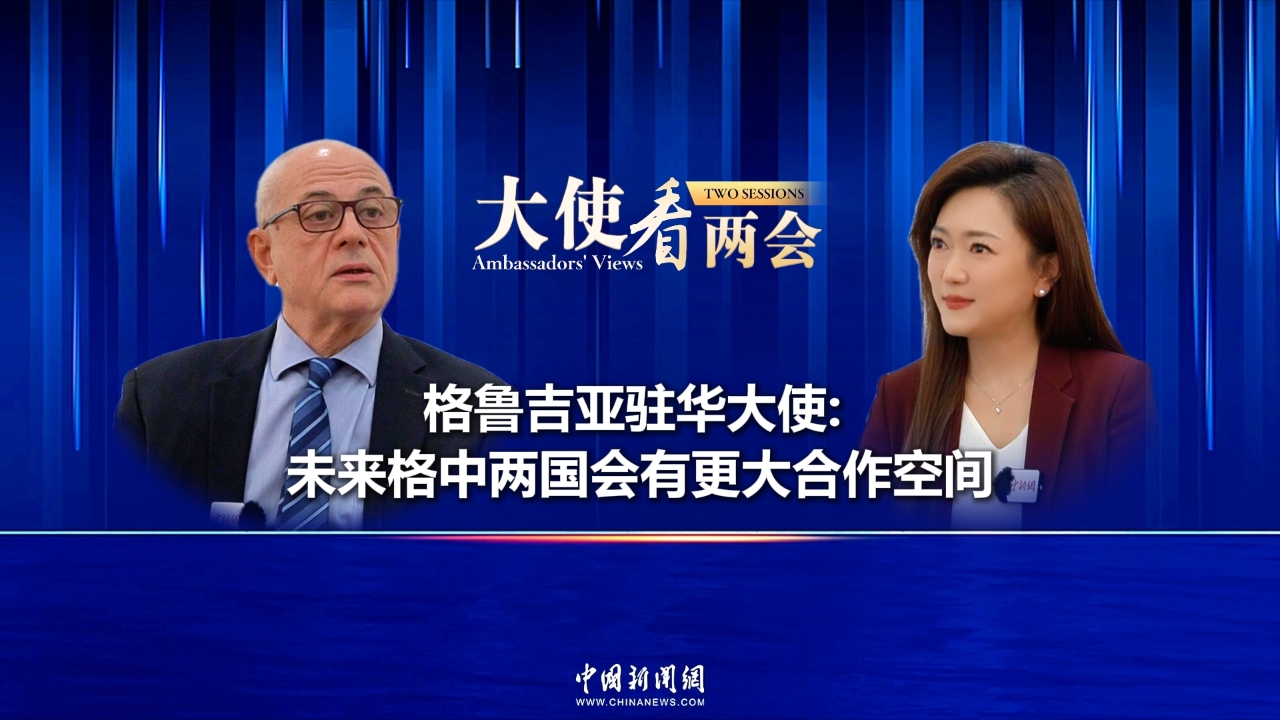

 京公網安備 11010202009201號
京公網安備 11010202009201號